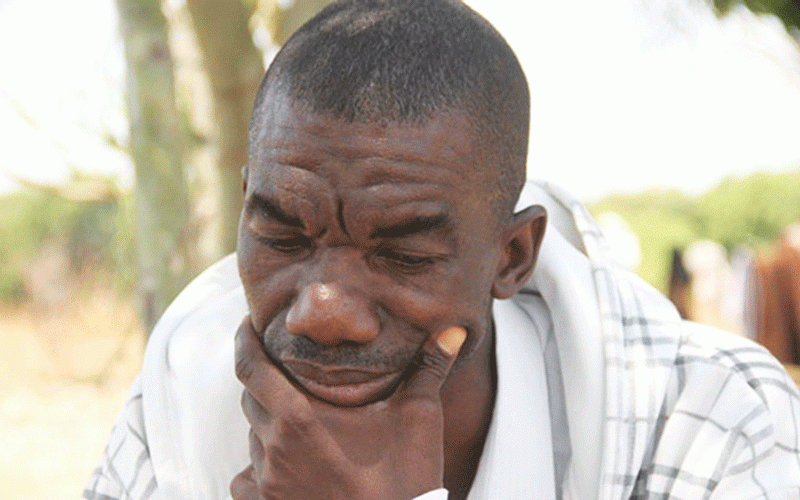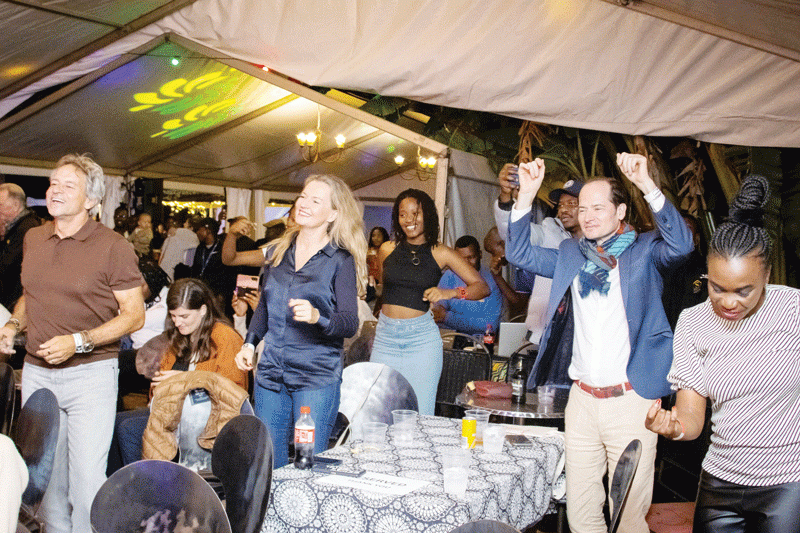
Researchers and experts at the global Aids conference in Netherlands have sounded the alarm over funding gaps of almost $7 million per year, a situation which could reverse the gains achieved so far in the fight against the disease.
By Phyllis Mbanje in AMSTERDAM, NETHERLANDS
This has been worsened by the fact that the United States administration under the guidance of President Donald Trump has threatened massive cuts to the US foreign aid budget.
This spells disaster for most African countries, Zimbabwe included, which rely on donor funding.
For years, the country has been battling to raise domestic funding to levels that will ensure sustainability.
Researchers and experts in Netherlands have warned that complacency has set in, resulting in many people slowing down the amazing work that has been done so far in halting the disease.
In Europe mostly, there are disturbing reports of new infections.
American Aids researcher and diplomat Mark Dybul said “bad things will happen if we don’t have more money” and his sentiments were echoed by delegates including people living with HIV and Aids.
- Chamisa under fire over US$120K donation
- Mavhunga puts DeMbare into Chibuku quarterfinals
- Pension funds bet on Cabora Bassa oilfields
- Councils defy govt fire tender directive
Keep Reading
Thousands of delegates attending the conference warned of a “dangerous complacency” that could lead to an unstoppable resurgence of the deadly disease.
Protesters at the conference demanded that International Aids Society (IAS) address the Trump proposals and speak out on funding especially for key populations. Speaking during the opening ceremony, UNAids executive director Michel Sidibé said there was need to close the funding gaps.
“Like you, I worry about the funding gap. There is a persistent 20% gap between what is needed and what is available. We know small cuts can have big consequences. A fully funded Aids response is non-negotiable,” he said.
He also raised concerns over the pace of progress and hinted meeting the 2020 targets would be near impossible.
Another critical area is the new emergence of new infections in 50 countries.
IAS president Linda-Gail Bekker said in Eastern Europe and Central Asia, new infections had increased 30% since 2010 The conference was officially opened by Princess Mabel van Oranje, the International AIDS Conference chair, Linda-Gail Bekker, the director-general of the World Health Organisation, Tedros Adhanom Gebreheyesus, and artiste and winner of the Eurovision Song Contest in 2014, Conchita Wurst.
More than 15 000 participants are in attendance, making it one of the biggest health conferences so far.











